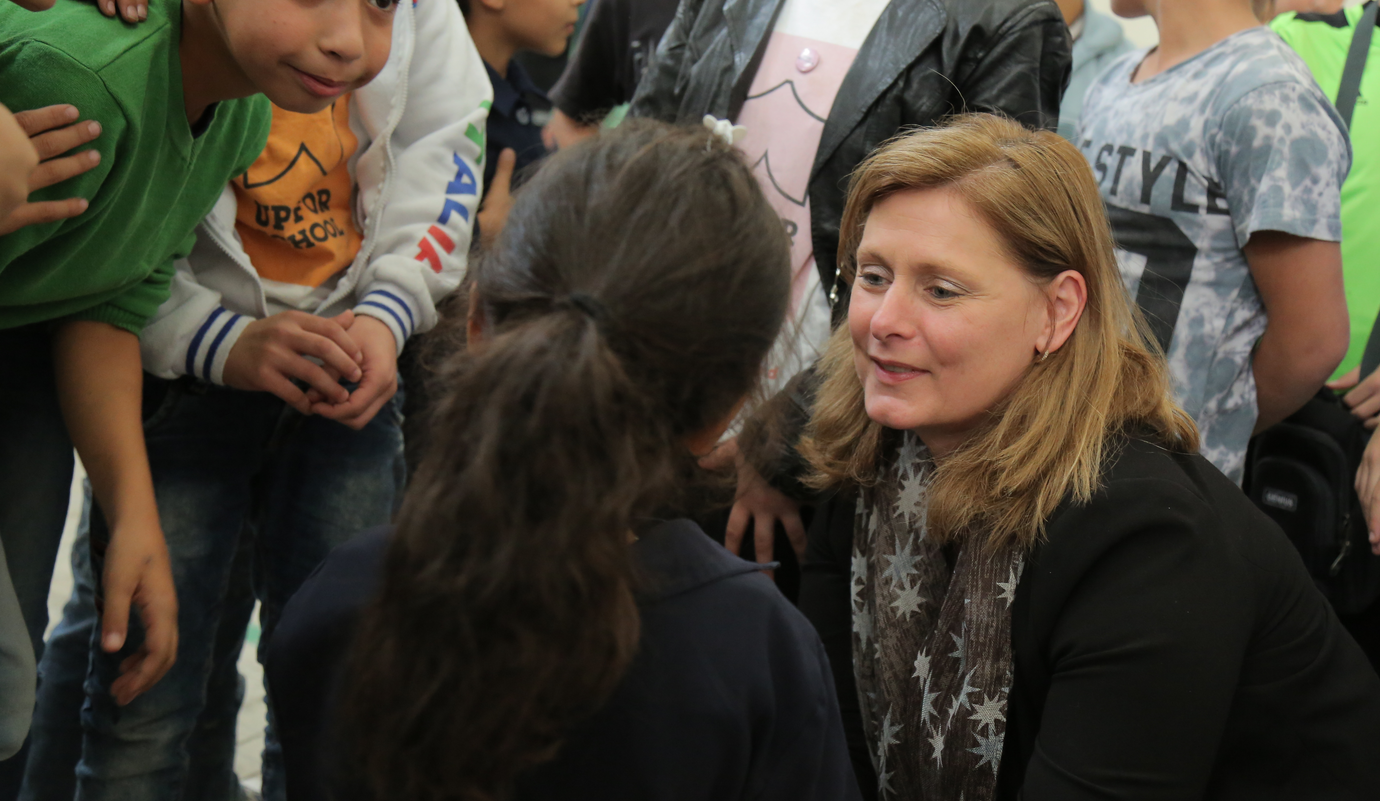
Self-help pledge by developing countries to deliver education for their children
Education funding, Right to education
Ghana's president urged African countries to take more responsibility as many low-income nations promised to increase spending on schools.
The global headlines focused on a passionate plea by singer Rihanna to get every girl and boy in school – and the $2.3 billion raised to help the education of children in developing countries.
But another story emerged at the major financing summit held in Senegal on February 2 by the Global Partnership for Education (GPE).
While international donors were lining up to pledge support for GPE’s role in educating 870 million children over the next three years, many of the poorer nations were demonstrating they are determined to do even more to help themselves.
Highlights on that theme included:
- More than 50 of GPE’s developing country partners promised to increase their spending on schooling by a total of $110 billion
- Senegal became the first developing country to also become a donor to GPE’s work
- Ghana’s president said African countries needed to take more control of their own futures
President Nana Akufo-Addo was warmly applauded at the Dakar summit when he said: “We cannot depend on other people to finance the education of our continent.”
Explaining that he was grateful for the support of international donors and was “not turning my back” on them, he added: “If we make our policy dependent on other people, when their policy changes we will suffer.
“But if we make the policy for ourselves then it means that at all times we’ll be in control of our own destiny.”
President Akufo-Addo said the money to fund African education was “there in abundance”. He said eliminating corruption and ending the “flight of capital out of the continent” would open up billions of dollars to invest in the people of Africa.
Senegal, which co-hosted the GPE summit with France, made a $2 million contribution to the GPE – making it the first African country to become a donor.
53 developing country partners promised to increase their spending on education to a total of $110 billion from 2018 to 2020 – up from the $80 billion pledged for 2015 to 2017.
Among them were Zimbabwe, which committed to increase spending on education from 35% to 39% of public expenditure. Malawi pledged to increase from 24% to 31% of total spending, Zanzibar and Tanzania to go up to 22.5% and Sao Tome and Principe to rise to 25%.
This reflects a major recommendation by the Education Commission, whose Learning Generation report in 2016 set out a roadmap for getting every child into school and learning.
It called on low-income countries to spend at least 20% of their public expenditure budgets on education.
Although major donor countries and the proposed new International Finance Facility for Education to unlock $10 billion a year are vital, 97% of the funding to achieve universal schooling will have to come from the developing nations themselves.
To help them achieve that, the commission also launched the Pioneer Countries Initiative to support nations in becoming education champions. An initial group of African countries includes Ghana, Ethiopia and Uganda – and the commission plans to expand the initiative into other parts of the world.
The GPE conference kicked off a momentous year for global education.
United Nations agencies need their work financed, along with the Education Cannot Wait fund for schooling in humanitarian emergencies. Then the G20 countries have the opportunity to see in the new International Finance Facility for Education that could unlock $10 billion a year.
Theirworld Campaigns Director Ben Hewitt said: “2018 is now being recognised as the year that donor governments reverse the decline in aid to education.
“The commitments in Senegal are a crucial first step to provide the funding needed to giving every child the chance to learn and thrive.
“The evidence is clear in regards to the impact of investing in education and transforming the future for individuals, their families and country. It’s now time for action.”
More news

